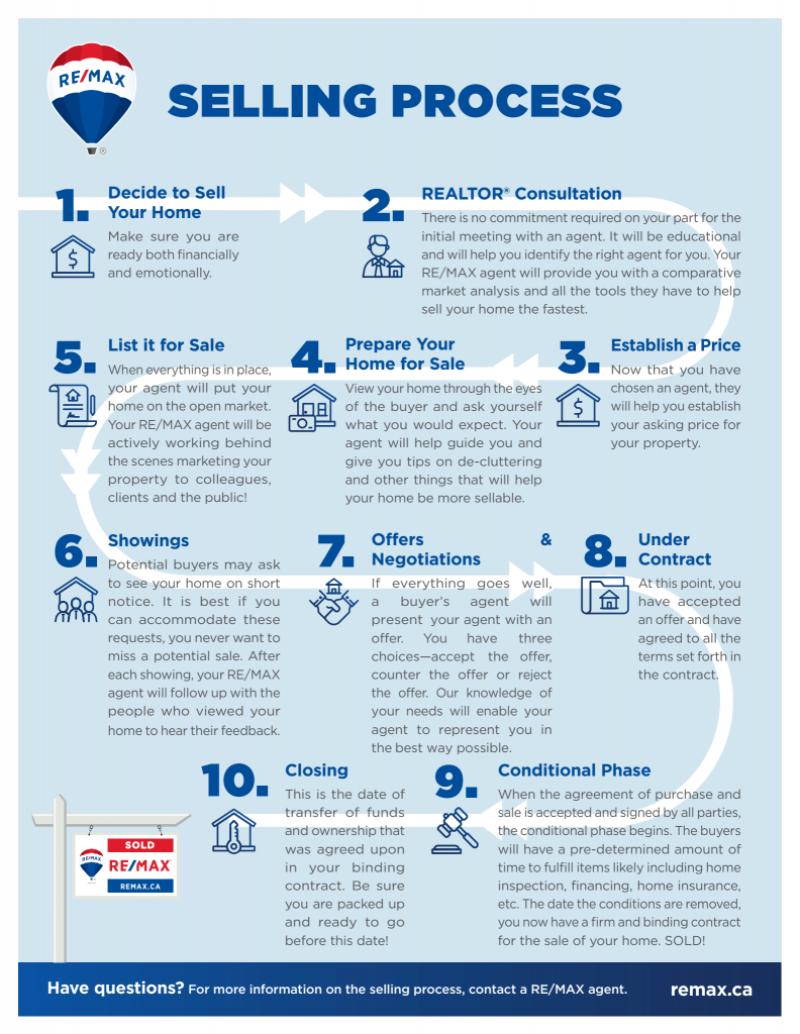What to know before selling a house?
Selling a house is a significant financial transaction that involves multiple steps and considerations. Here are key things to know before you start the process of selling your house:
Understand the Local Real Estate Market:
- Research the current real estate market conditions in your area. Is it a buyer's market or a seller's market? Understanding market trends can help you set a realistic asking price.
Research Comparable Sales (Comps):
- Look at recent sales of similar properties in your neighborhood. Comparable sales can provide insights into the fair market value of your home.
Determine Your Selling Timeline:
- Consider your timeline for selling. Do you need to sell quickly, or can you afford to wait for the right buyer? Your timeline can influence your pricing strategy.
Set a Realistic Asking Price:
- Price your home competitively. Overpricing can deter potential buyers, while underpricing may lead to financial losses. Consult with a real estate agent for a comparative market analysis.
Prepare Your Home for Sale:
- Make necessary repairs and improvements to enhance your home's appeal. Clean, declutter, and consider staging to showcase the property's potential.
Hire a Real Estate Agent:
- Consider working with a reputable real estate agent who has local market knowledge. An agent can guide you through the selling process, help with pricing, marketing, and negotiations.
Disclosure Requirements:
- Be aware of your legal obligations to disclose any known issues with the property. Failing to disclose material defects could lead to legal complications.
Consider the Costs of Selling:
- Understand the costs associated with selling a home, including agent commissions, closing costs, and potential repair expenses. Factor these costs into your financial calculations.
Market Your Property Effectively:
- Develop a marketing strategy to attract potential buyers. This may include online listings, professional photography, virtual tours, and traditional marketing methods.
Negotiation Skills:
- Be prepared for negotiations. Buyers may make offers that require counteroffers or adjustments. Understanding the negotiation process is crucial for a successful sale.
Home Inspection and Appraisal:
- Anticipate a home inspection and appraisal. Address any issues that may arise during the inspection, and be prepared for the property to appraise at or near the agreed-upon sale price.
Closing Process:
- Familiarize yourself with the closing process. This involves signing legal documents, transferring ownership, and completing the financial transactions. Closing timelines can vary.
Be Ready for Unexpected Challenges:
- Selling a house can have unexpected challenges. Be flexible and prepared to address issues as they arise, whether related to financing, inspections, or other aspects of the sale.
Financial Implications:
- Understand the financial implications of selling, including potential capital gains taxes. Consult with a tax professional to determine your tax obligations.
Have a Moving Plan:
- Plan for your move well in advance. Whether you're relocating locally or long-distance, having a moving plan can reduce stress during the transition.
Legal Requirements and Contracts:
- Familiarize yourself with the legal requirements and contracts involved in selling a property. Working with a real estate attorney can provide additional legal guidance.
Remember that every real estate transaction is unique, and local regulations and market conditions can vary. Seeking guidance from real estate professionals, including agents and attorneys, can help ensure a smoother selling process.
Selling your home with confidence: What to know before selling a house?
Selling a house can be a major life event, and it's important to be prepared before putting your home on the market. Here are some things to know before selling your house:
- Research the real estate market. What are the average home prices in your neighborhood? How long does it typically take for homes to sell? This information will help you to set a realistic price for your home and to understand what to expect during the sales process.
- Get your home in tip-top shape. Make any necessary repairs and updates to make your home as appealing to potential buyers as possible. This may include things like painting, cleaning, and decluttering.
- Choose the right real estate agent. A good real estate agent can help you to market your home effectively and to negotiate the best possible price.
Important considerations and steps to take before putting your house on the market
Once you have decided to sell your house, there are a few important considerations and steps you need to take before putting it on the market:
- Get a pre-listing inspection. A pre-listing inspection is a professional inspection of your home to identify any potential problems. This will help you to avoid surprises during the sales process and to make any necessary repairs before putting your home on the market.
- Set a realistic asking price. Your asking price should be based on the current real estate market conditions and the value of your home. It's important to price your home competitively so that it will sell quickly.
- Market your home effectively. Once your home is on the market, it's important to market it effectively to reach potential buyers. This may include listing your home on real estate websites, holding open houses, and placing ads in local newspapers and magazines.
Tips for navigating the real estate market and ensuring a successful home sale
Here are some tips for navigating the real estate market and ensuring a successful home sale:
- Be patient. It can take time to sell a house, especially in a slow market. Don't get discouraged if your home doesn't sell right away.
- Be flexible. Be willing to negotiate on price and other terms of the sale. This will make your home more attractive to potential buyers.
- Be responsive. When you receive an offer on your home, be responsive to the buyer's agent and work with them to close the deal.
Here are some additional tips for ensuring a successful home sale:
- Stage your home. Staging is the process of making your home look its best for potential buyers. This may involve decluttering, rearranging furniture, and adding fresh flowers or plants.
- Take professional photos of your home. Professional photos will make your home look more appealing to potential buyers.
- Be honest and upfront about any problems with your home. It's important to be honest and upfront about any problems with your home to avoid any surprises during the sales process.
- Work with a qualified real estate agent. A qualified real estate agent can help you to navigate the real estate market and to ensure a successful home sale.
By following these tips, you can increase your chances of selling your house quickly and for a good price.












